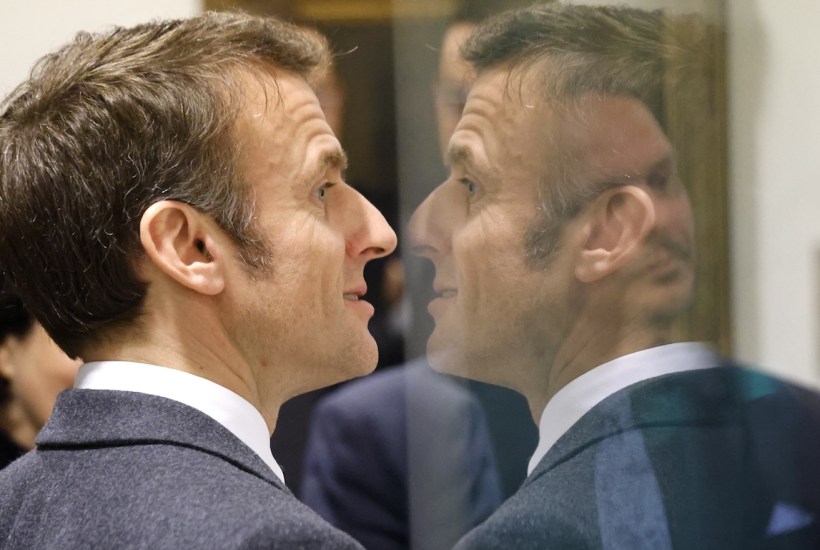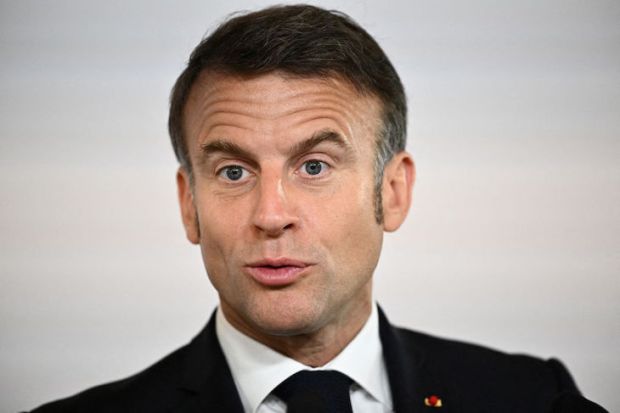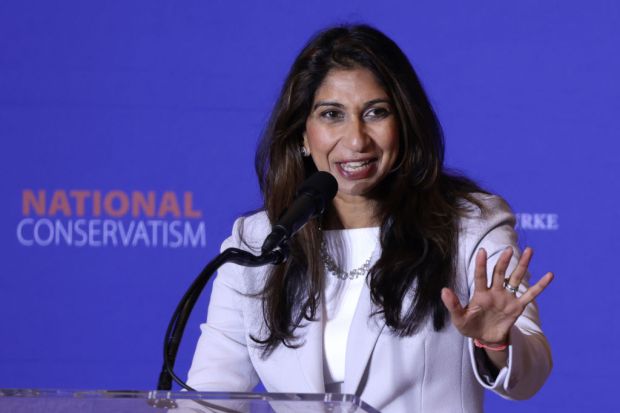Its an old ruse to deploy foreign policy for domestic purposes. France has a long history in that vein. General de Gaulle was adept at using popular domestic anti-Americanism on the world stage to embarrass pro-Nato political forces at home; François Mitterrand exploited the early 1980s Euromissile crisis with the Soviet Union to humiliate and isolate the French Communist party.
Already a subscriber? Log in
Subscribe for just $2 a week
Try a month of The Spectator Australia absolutely free and without commitment. Not only that but – if you choose to continue – you’ll pay just $2 a week for your first year.
- Unlimited access to spectator.com.au and app
- The weekly edition on the Spectator Australia app
- Spectator podcasts and newsletters
- Full access to spectator.co.uk
Or




















Comments
Don't miss out
Join the conversation with other Spectator Australia readers. Subscribe to leave a comment.
SUBSCRIBEAlready a subscriber? Log in